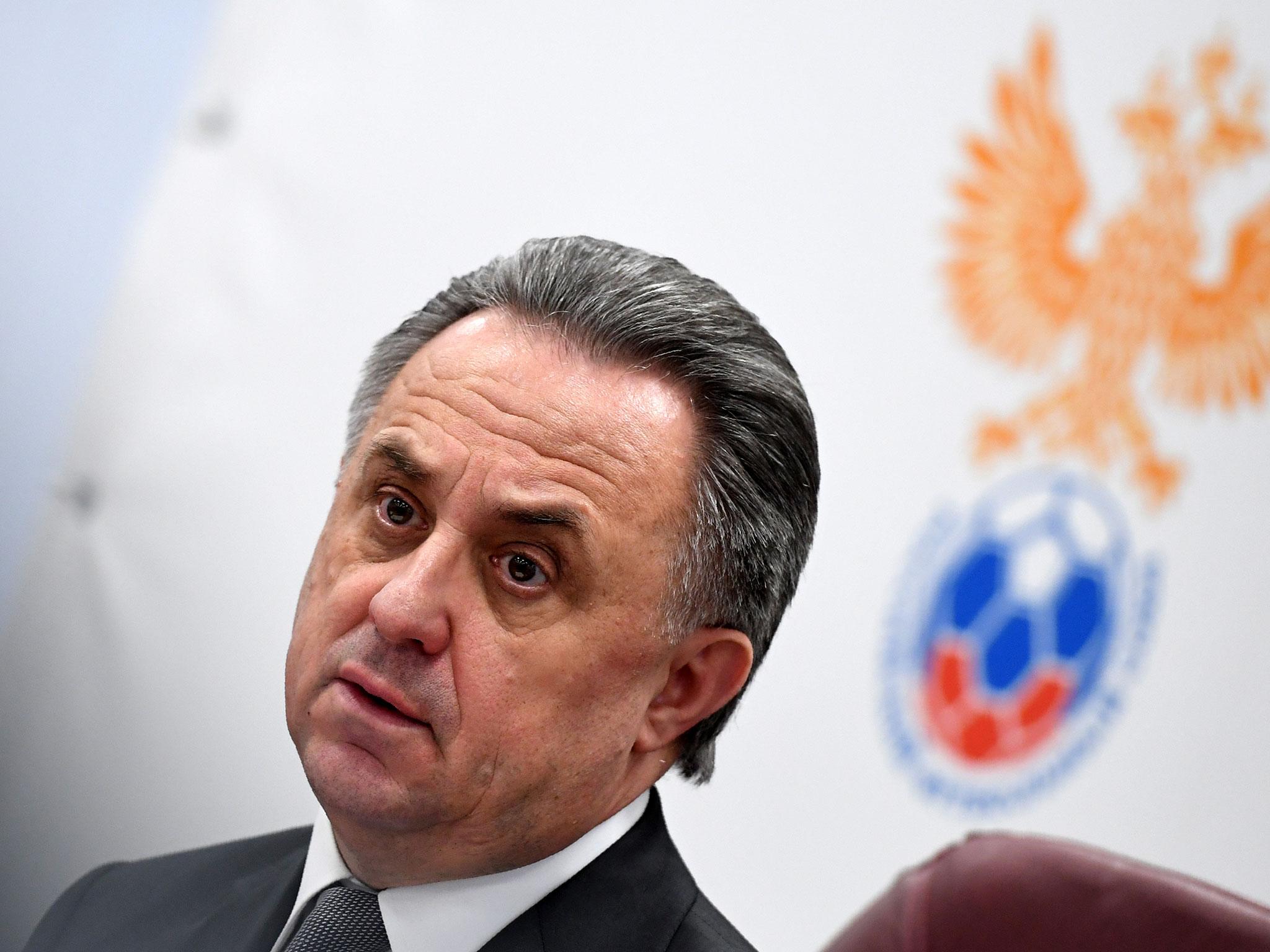Russia banned from 2018 Winter Olympics over systematic doping after unprecedented decision by IOC
IOC also hands lifetime ban to country's deputy prime minister, Vitaly Mutko, preventing him from having any involvement in the Games

Your support helps us to tell the story
From reproductive rights to climate change to Big Tech, The Independent is on the ground when the story is developing. Whether it's investigating the financials of Elon Musk's pro-Trump PAC or producing our latest documentary, 'The A Word', which shines a light on the American women fighting for reproductive rights, we know how important it is to parse out the facts from the messaging.
At such a critical moment in US history, we need reporters on the ground. Your donation allows us to keep sending journalists to speak to both sides of the story.
The Independent is trusted by Americans across the entire political spectrum. And unlike many other quality news outlets, we choose not to lock Americans out of our reporting and analysis with paywalls. We believe quality journalism should be available to everyone, paid for by those who can afford it.
Your support makes all the difference.Russia has been banned from competing in the 2018 Winter Olympics in Pyeongchang in an historic decision by the International Olympic Committee – although some Russian athletes will be allowed to compete under a neutral flag.
The IOC also handed a lifetime ban to the country's deputy prime minister, Vitaly Mutko, preventing him from having any involvement in the Olympic Games, and has ordered the Russian government to pay $15m towards a new Independent Testing Authority and reimburse the cost of their investigations.
The head of the IOC, Thomas Bach, revealed the decision in a press conference in Lausanne, Switzerland on Tuesday. "This was an unprecedented attack on the integrity of the Olympic Games and sport," he said of Russia's sophisticated doping system.
Vladimir Putin is expected to respond in the next 24 hours with the possibility that Russia will decide to boycott the Winter Olympics and withdraw any competitors from taking part as authorised neutral athletes, an option he had previously described as a "humiliating compromise".
Bach added: "The IOC, after following due process, has issued proportional sanctions for this systemic manipulation while protecting the clean athletes. This should draw a line under this damaging episode and serve as a catalyst for a more effective anti-doping system led by WADA.
"As an athlete myself, I feel very sorry for all the clean athletes from all NOCs who are suffering from this manipulation. Working with the IOC Athletes’ Commission, we will now look for opportunities to make up for the moments they have missed on the finish line or on the podium."
Russia was barred from London's Athletics World Championships this year in the wake of the McLaren report, which revealed details of a state-sponsored doping programme that had been in place for many years.

And the follow-up Schmid report confirmed a "systemic manipulation of the anti-doping rules and system in Russia" citing a lack of effort to address the issue, forcing the IOC to take action.
In his findings, the IOC commission chairman Samuel Schmid found that doping was fully endorsed by the Russian sports ministry, of which Vladimir Putin's deputy Mutko was in charge up until October 2016.
Pressure will now grow on Fifa to take action over Mutko, who heads up Russia's 2018 World Cup team as president of the football union.
However, like the McLaren report, the Schmid report was careful not to directly implicate the Kremlin itself, noting there was no evidence "confirming the support of knowledge of this system by the highest state authority".
Russian state media announced that it will not broadcast the Winter Olympics in the absence of the Russian national team.
The IOC's ban for subverting anti-doping rules is unprecedented, although there have been other cases in which countries have not been invited to compete.
Germany and Japan were not invited to the Games following the World Wars. South Africa saw its invitation rescinded for the 1964 Olympics after failing to denounce apartheid.
Join our commenting forum
Join thought-provoking conversations, follow other Independent readers and see their replies
Comments